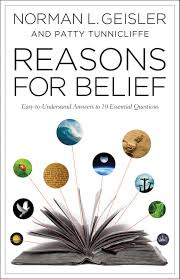40 Questions on Baptism and the Lord’s Supper
By John S. Hammett
This particular series has proven very helpful as it
addresses topics of importance to any believer in the 21st century.
The present tome is no exception. It has a wealth of information on the
Christian practices of baptism and the Lord’s Supper (others call the latter,
Communion or The Eucharist). The author’s point of view is theologically
conservative, accepting the Bible as the Word of God; which is refreshing,
given the current academic trend of disbelief. The author got his Ph.D. from
the Southern Baptist Theological Seminary and therefore, the reader should not
be surprised to learn he favors Baptist doctrinal stances.
Hammett
does address what others believe about baptism and the Lord’s Supper and he
does it in a respectful tone and endeavoring to be fair. This is also
refreshing, given the polemic nature of Christian disagreements on these and
other doctrinal topics. He does not simply knock down straw men; although, I’m
sure proponents of alternative views will be able to point out where Hammett
has misunderstood or unintentionally misrepresented their doctrine.
My own
perspective differs from the author’s, but I can appreciate the work he put
into his research. I love the format of the series and trust we will get more
quality work in other areas of theology and Christian doctrine
4/5 Stars
Disclaimer: The book was received for free from Kregel
Ministry books in exchange for an unbiased opinion.






















